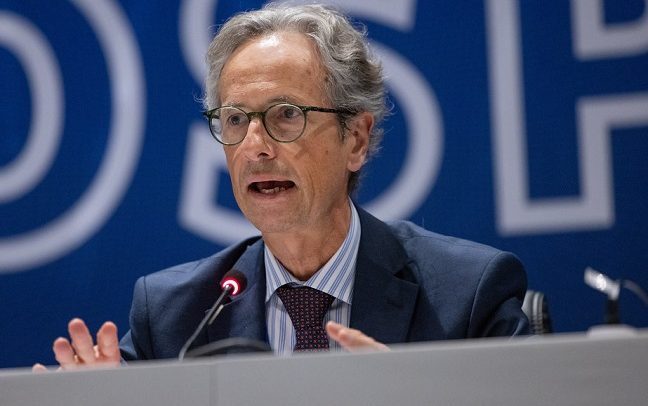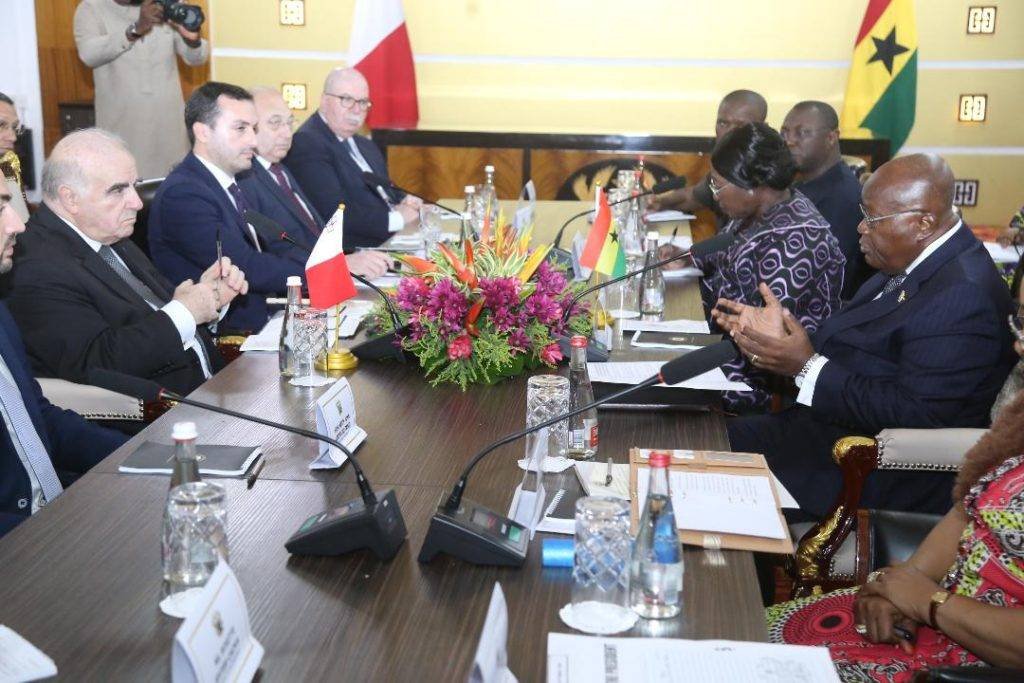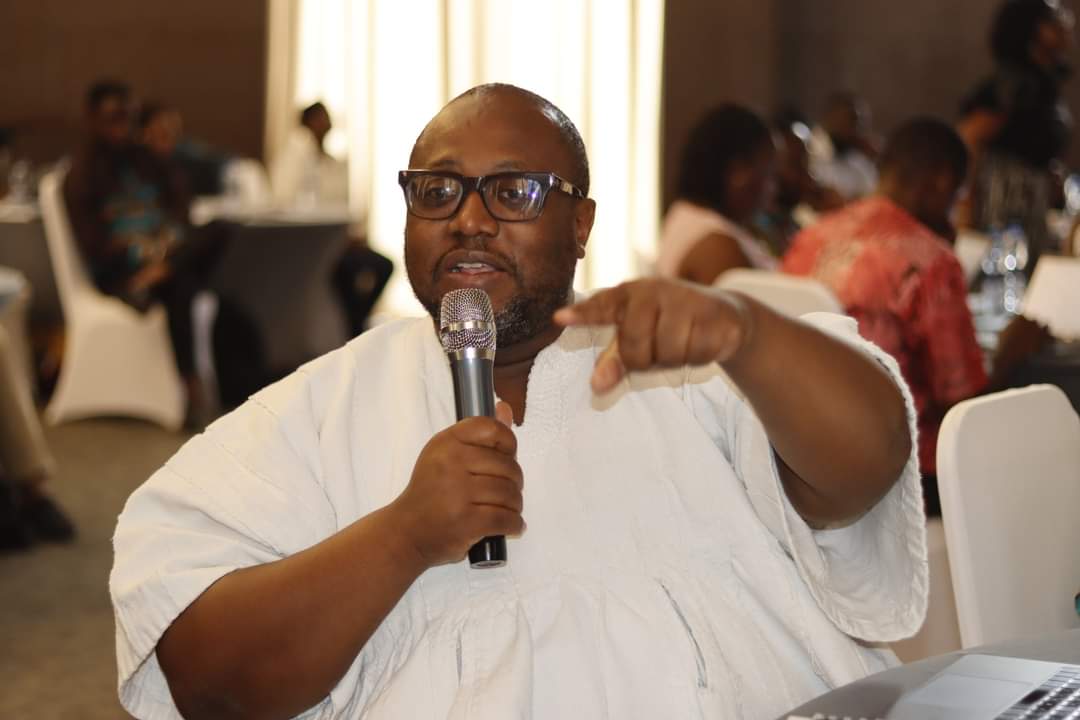
The Agricultural Development Bank (ADB), National Investment Bank (NIB), OmniBank Ghana Limited / Bank Sahel Sahara Ghana (OmniBank / BSIC), Universal Merchant Bank (UMB) and Prudential Bank are the beneficiaries under the GAT intervention.
Subsequently, the Trust is to work with the beneficiary banks to develop holistic strategies to ensure that value is created in their operations before the end of the programme in the next five years.
GAT, is a special purpose vehicle to support solvent and well-run indigenous banks which were otherwise having difficulties meeting the new minimum capital requirement deadline by the Bank of Ghana to meet their obligations.
Speaking at the 2019 Pensions Strategy Conference organised by Axis Pensions Group, the Managing Director of Ghana Amalgamated Trust (GAT), Mr Eric Nana Otoo, said “one of the key things we are trying to do is that we would like to keep these indigenous banks locally owned. We will prefer that either the private placement goes to Ghanaians or even back to the original shareholders.
“If not, we will try and list them on our stock exchange so that everyday Ghanaians can actually own pieces of the GAT. We will be very prone to viable operating banks that hopefully will help us to compete with some of our foreign banks.”
The plan of GAT, he said, was to help the banks meet the capital requirement by the Bank of Ghana (BoG) and not to take over, hence the need for players in the pension industry to partner them in that regard.
“Our plan is not to take over the banks; the plan is to help them meet BoG requirement. We will position them well so that in five years’ time when we are leaving, we can leave behind viable, profitable growing banks that can compete with the foreign banks,” he said.
Overhauling
GAT, he said, had in place a team of bank experts who were doing an overall business review of the banks and that was helping to shape the plans after investing in the banks.
“We are formulating our plans around how we will improve governance for the local banks and what controls and changes we need to make.
“We will look at management and see how we can strengthen it. If it requires changes, we will discuss those with shareholders and board of the banks and we will make changes there. If we need to up skill and build capabilities, we will look to do that as well,” he said.
He added that in the area of operations, managing risk was one of the key things GAT was focusing on as part of the business review.
“Overall, we are developing holistic strategies and plans for these banks that we will work with over the next three to five years,” he said.
GAT
A statement by the Ministry of Finance indicated that the qualifying banks for GAT investment had been determined on the basis of their solvency, local ownership, minimum pre-investment capitalisation of GHC120 million and an independent valuation by Pricewaterhouse Coopers (PwC).
GAT will seek to gather funds through the issuance of a GH? 2billion bond to be sold to both local and foreign investors.
On its exit plans, Mr Otoo explained that managers of the Trust would look for viable options at the end of the programme, which would include selling back to original shareholders, private sale or the issuance of an Initial Public Offer (IPO) or list the banks on the Ghana Stock Exchange (GSE).
“All these we will look at to find out the best option to raise the proceeds to pay back for the bonds we are issuing,” he said.
2019 Pensions Strategy Conference
The conference, organised by Axis Pensions Group, brought together trustees from various pension funds in the country to enable them to understand investment strategies of their fund managers in the face of some economic challenges, including the fast depreciation of the cedi and the banking sector clean-up exercise.
The Chief Executive Officer of the Group, Mr Afriyie Oware, explained that “there was the need for us to organise this programme to assure investors that there are programmes underway by government to address the situation and to also assure investors that as people deploying capital for investment in the economy, we also hold the key to solving this perennial problem of exchange rate depreciation.” Read Full Story


















Facebook
Twitter
Pinterest
Instagram
Google+
YouTube
LinkedIn
RSS